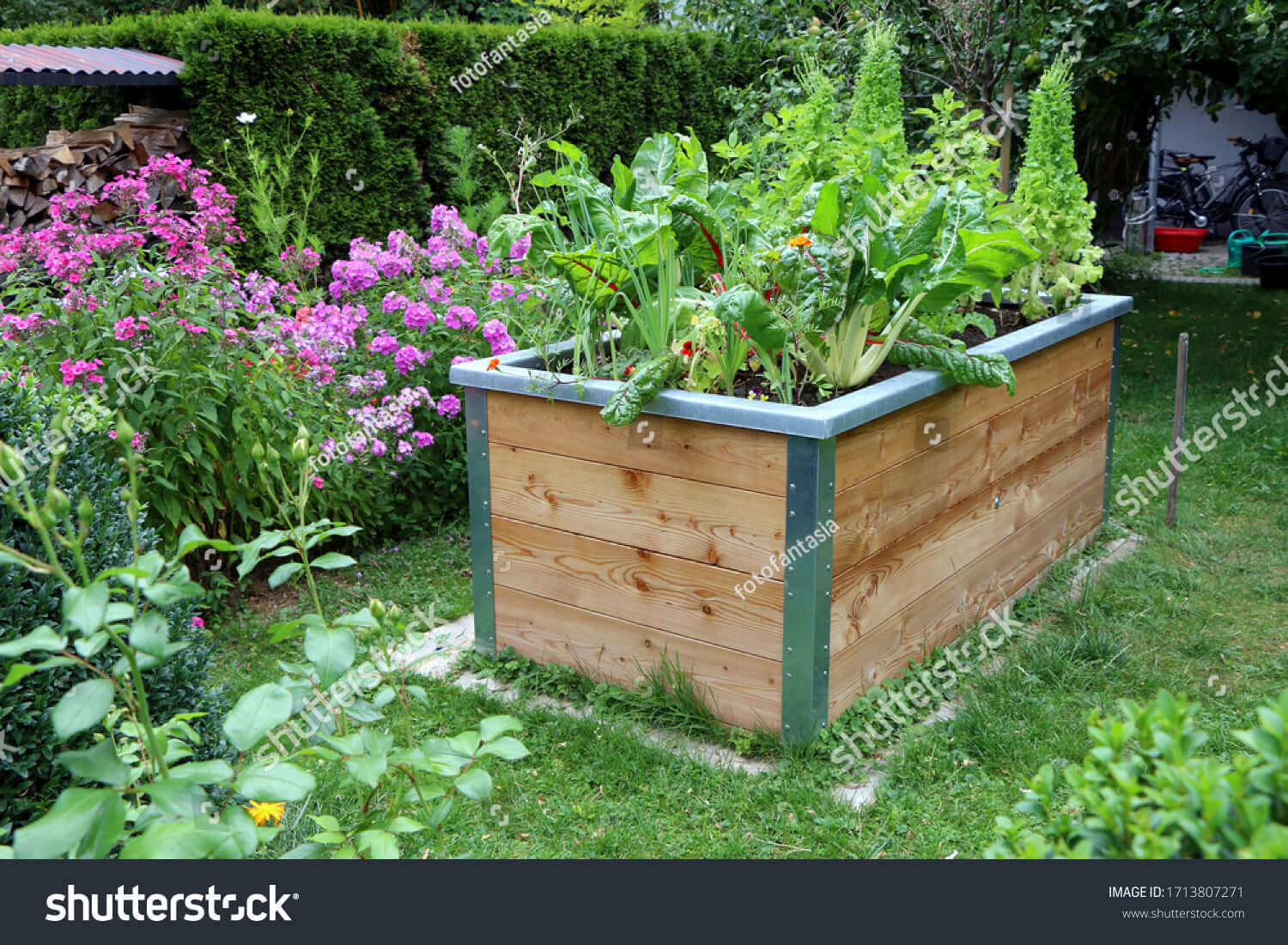How To Build A Raised Flower Bed

Share
Building a raised garden is excellent
Create a controlled gardening space elevated from the ground, providing better drainage and easier access.
Here's a step-by-step guide on how to build a raised garden bed:
Materials you'll need: Lumber boards (cedar or redwood are commonly used for their durability. Corner brackets or galvanized screws, Level, Shovel, Weed barrier.
Step 1: Choose a suitable location. Select a place for your raised garden bed that receives at least 6-8 hours of sunlight daily. Ensure the area is relatively flat and easily accessible for maintenance.
Step 2: Determine the size and shape. Decide on the dimensions and shape of your raised garden bed. Popular sizes are 4x4 or 4x8 feet, but you can adjust according to your available space and gardening needs.
Step 3: Prepare the ground. Clear the area of any grass, weeds, or debris. Use a shovel to level the ground and remove any rocks or roots that might hinder the placement of the raised bed.
Step 4: Assemble the frame. Cut your lumber boards to the desired lengths for the sides of your raised bed. Attach the panels using corner brackets or galvanized screws to form a rectangular frame. Ensure the corners are square, and use a level to ensure the structure is even.
Step 5: Place the frame in position. Move the frame into position over the prepared ground. Use a level to ensure the structure is level both horizontally and vertically. Adjust the setting if necessary by removing or adding soil beneath the frame.
Step 6: Secure the frame (optional). To prevent the sides from bowing out, you can drive stakes into the ground at the outer corners of the raised bed and attach them to the frame.
Step 7: Install weed barrier fabric. Place a layer of weed barrier fabric inside the raised bed frame. It will help suppress weed growth while still allowing water to drain through.
Step 8: Fill the bed with soil. Fill the raised bed with organic soil and compost. It will provide a nutrient-rich place for your plants to thrive. Smooth out the soil surface with a rake or your hands.
Step 9: Plant your garden. Now, it's time to plant your desired plants or sow seeds according to their specific instructions. Follow proper spacing guidelines and watering recommendations for each plant.
Step 10: Water and maintain. After planting: Water the garden bed thoroughly to ensure the soil is evenly moist. Regularly check the moisture level and water as needed. Maintain the bed by removing weeds, adding mulch, and fertilizing if necessary.
Congratulations! You have successfully built a raised garden bed.
Enjoy watching your plants grow and harvest fresh produce from your garden!
Tn Nursery https://www.tnnursery.net
